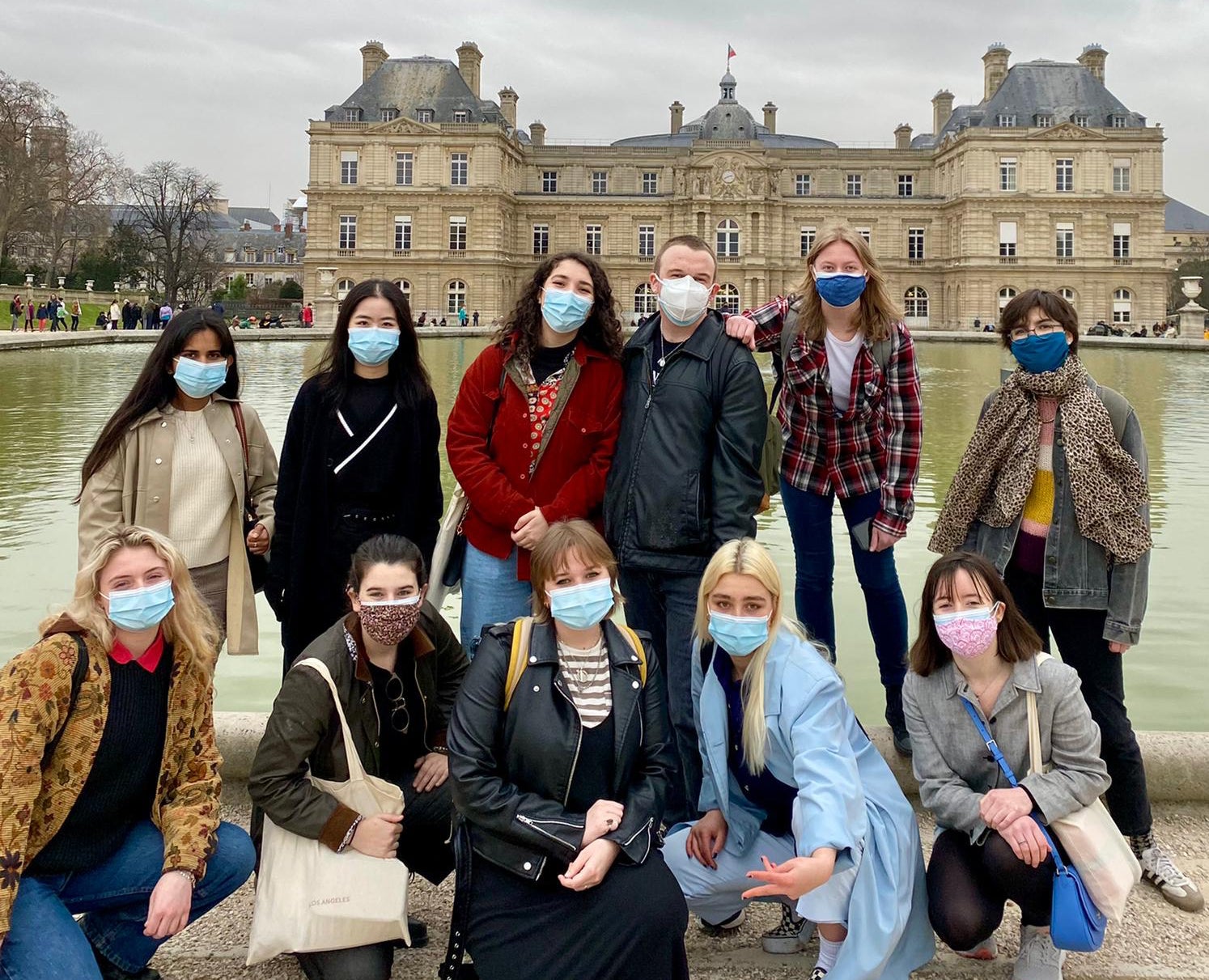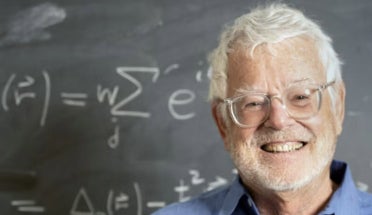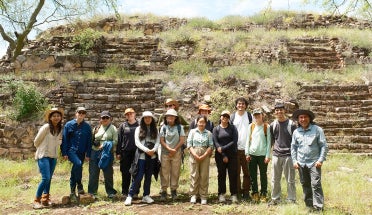
Natural Sciences Students Gain Hands-on Experience in International Internship Program
- Jul 13, 2021
- by Ingrid Piña
When UT junior Sophie van Dijke looked into study abroad programs, she did not know about interning abroad until she came across the Institute for Field Education (IFE) in France. This program begins with six weeks of preparatory classes across local universities, follows with a 12-week full-time internship and culminates in a 30-page research paper.
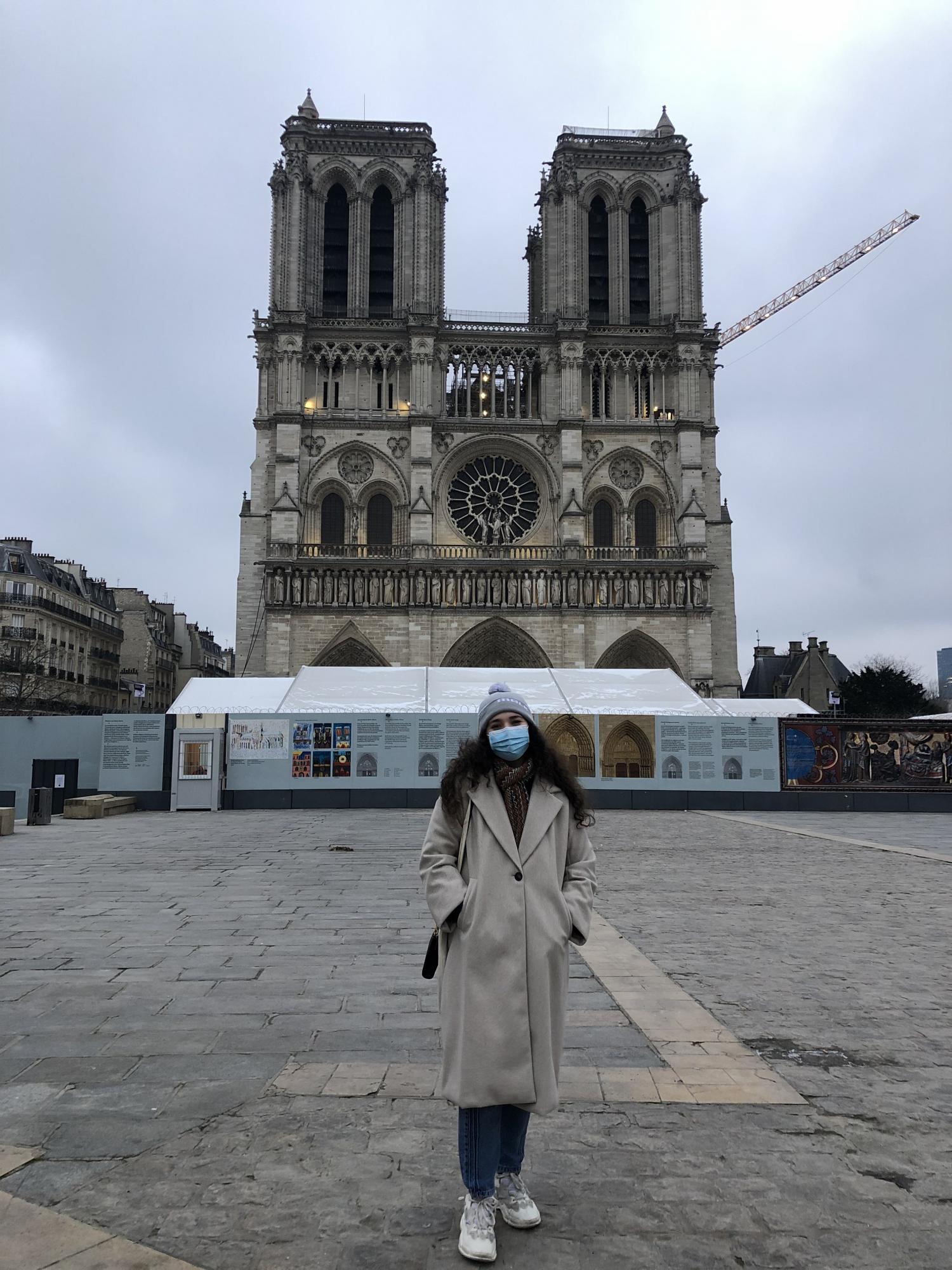 “A full-time internship in France seemed like such a unique opportunity to truly immerse myself in the language while gaining professional experience in a field that I want to work in post-graduation,” said the neuroscience and French double major.
“A full-time internship in France seemed like such a unique opportunity to truly immerse myself in the language while gaining professional experience in a field that I want to work in post-graduation,” said the neuroscience and French double major.
Medical Laboratory Science junior Caroline Peng heard about IFE at the study abroad fair during her freshman year. Interning abroad with IFE was an opportunity for Peng to take exclusive classes relevant to her major that were not offered at UT.
“My experience at my internship has been so educational,” she said. “It has been absolutely worth my time to see and perform the research applications of what I’ve learned in class.”
The IFE tailors study tracks to fit UT students’ backgrounds and future interests.
Van Dijke assisted in all aspects of Prévention Action Santé Travail pour les Transgenres (PASTT), a non-profit that protects and elevates the transgender community in Paris. Whether running the front desk, providing HIV tests, or helping draft the annual report for government authorities, van Dijke’s days never looked the same.
“Since most of our beneficiaries are immigrants from Latin America, I do a lot of translation from Spanish to French,” van Dijke said. “As someone who is also from Latin America, I feel really grateful to be in community with people I understand and to be able to help them with the daunting tasks rendered even more difficult with a language barrier.”
Peng studied genetic mutations implicated in neurodevelopmental disorders as a research assistant at Institut de Génétique et de Biologie Moléculaire et Cellulaire (IGBMC) in Strasbourg, France. Their model organism? A zebrafish. Peng shared that before her internship, she had never seen a zebra fish in her life.
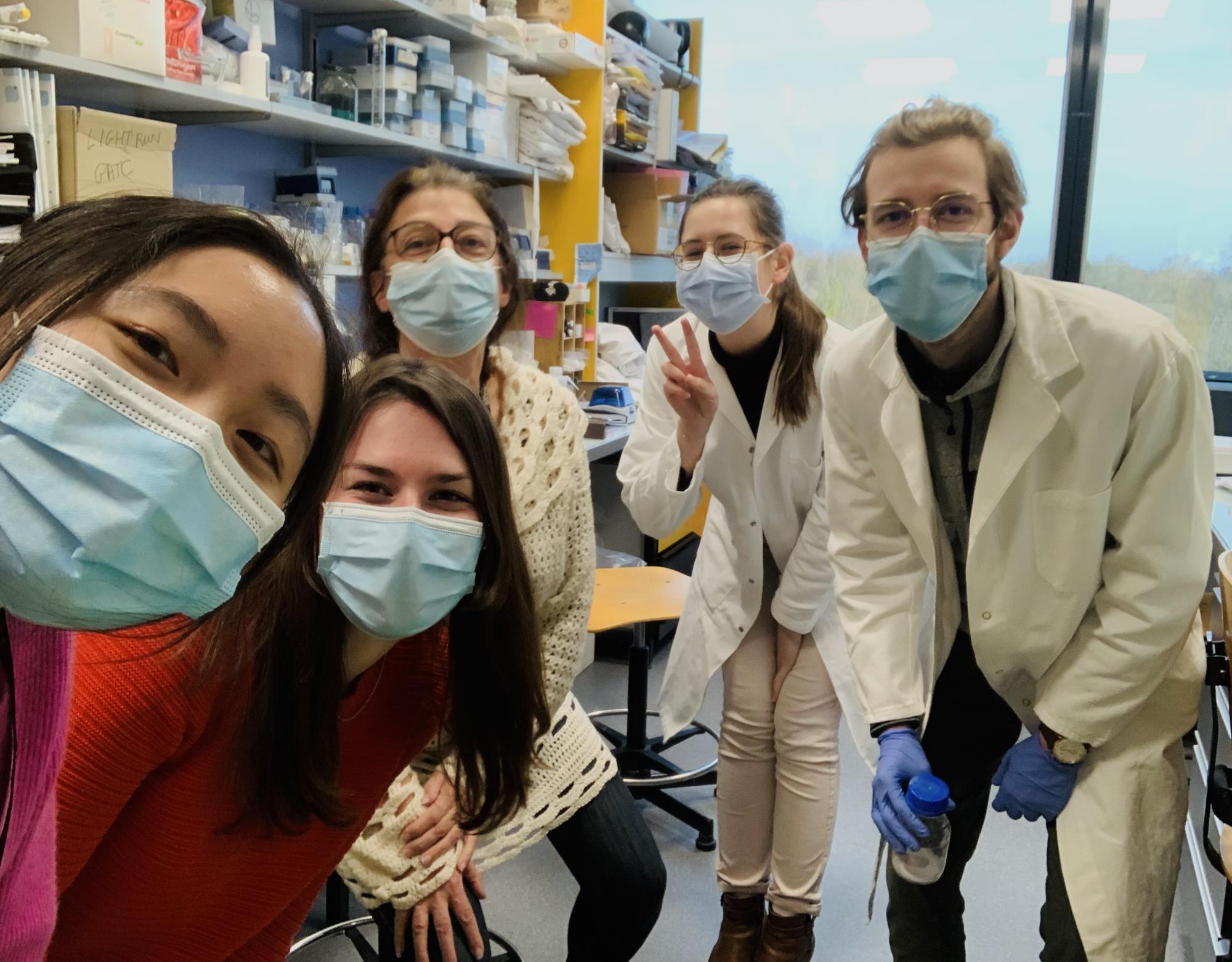
“Now I’ve seen more than I might ever again in my lifetime,” Peng said. “I’ve really appreciated this experience for allowing me to work with animal models and pushing me into new interests––namely developmental and neural biology and invisible disabilities. My ambition has grown for future research projects at UT too and I hope to continue working in genetics.”
Van Dijke said the constraints of the pandemic pushed her to maximize her time abroad.
“I feel like I have approached this experience with much more responsibility and a willingness to get the most out of every single day,” van Dijke shared. “From what we’ve seen and experienced the past year, everything can change in a matter of days.”
Despite the social limitations of the pandemic, Peng said she was able to observe European culture first-hand and gain insight into the nuances of French individuality and solidarity.
 “I think international experiences are valuable for humanizing this monolithic ‘Other’ that lives abroad, to understand that they are definitely not at all American, have their own internal conflicts, and are individuals who share a society with its own complex history,” said Peng.
“I think international experiences are valuable for humanizing this monolithic ‘Other’ that lives abroad, to understand that they are definitely not at all American, have their own internal conflicts, and are individuals who share a society with its own complex history,” said Peng.
Both van Dijke and Peng wish to continue speaking French in the future. Van Dijke plans to return to Paris to pursue her PhD in Neurolinguistics, when she previously had only considered U.S. locations. After Peng's experience in Strasbourg, she dreams of living in Montreal, Canada.
“Expressing yourself in a different language truly opens up a new world vision and way of connecting with people that I did not expect, but I am so grateful to experience,” van Dijke said. “All of my cultural norms and values were something I never consciously thought about until I was put in French culture and noticed how they do so many things so differently.”
But beyond work experience and dreams for the future, the IFE program leaves van Dijke and Peng with personal realizations.
“International experience certainly has its challenges, but these challenges allow you to become more adaptable,” van Dijke said. “In the end, you grow so much from putting yourself out there in the unfamiliar.”
